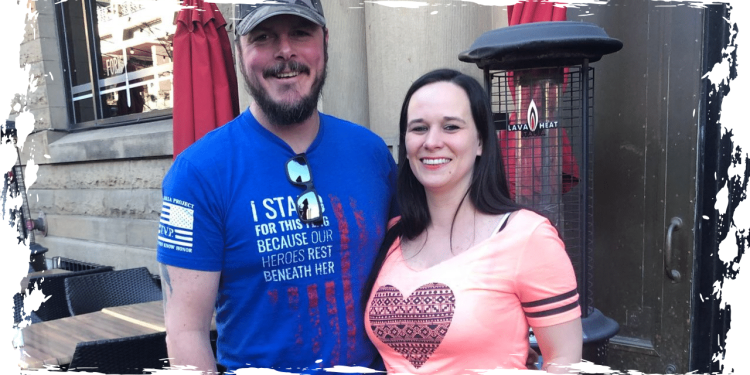After a lengthy legal battle, Oregon state has finally reached an agreement with Earl Bain, who had been wrongfully convicted and later received a gubernatorial pardon. As per the agreement dated April 25th, Bain will receive a payout of approximately $340,000. This settlement marks the end of a prolonged struggle for justice.
Under a law passed in 2022, individuals who have been wrongfully convicted are now able to sue the state for compensation. However, the maximum amount one can receive is roughly two-thirds of what they are entitled to.
Bain faced a challenging task of proving his innocence in court to receive the complete amount. However, this has been a daunting task, and it has frustrated advocates who believe that the state is putting up a strong fight to prevent victims of the judicial system from obtaining benefits. Bain’s story was prominently featured in a lengthy article published in the Huffington Post towards the end of last year.
According to the Oregon Innocence Project, who represented Bain throughout the case, they released a statement stating that Bain was disappointed and frustrated by the attorney general’s decision to ignore the Governor’s finding of innocence. Additionally, they felt that Bain’s request for compensation and the trauma he experienced during his wrongful conviction were treated as bargaining chips to haggle over. Despite all this, Bain ultimately authorized his counsel to pursue a settlement, resulting in the best outcome possible for him.
As the driving force behind the successful passage of the 2022 bill, Bain, a former Army veteran who served in Afghanistan, played a pivotal role in ensuring that the wrongfully convicted would receive just compensation. The bill guarantees $65,000 per year of imprisonment and $25,000 per year on parole for those who have been wrongly incarcerated.
Back in 2009, Bain was found guilty of sexually abusing his daughter by a non-unanimous jury in Malheur County. However, in 2015, his daughter retracted her allegations and Bain was eventually granted a rare pardon by then-Governor Kate Brown, certifying his “actual innocence.”
Bain expresses that although his family and he have suffered a great deal due to his conviction, the money he receives will aid them in rebuilding their lives. He acknowledges that money cannot erase the damage caused, but it can certainly help in the process of moving forward.

